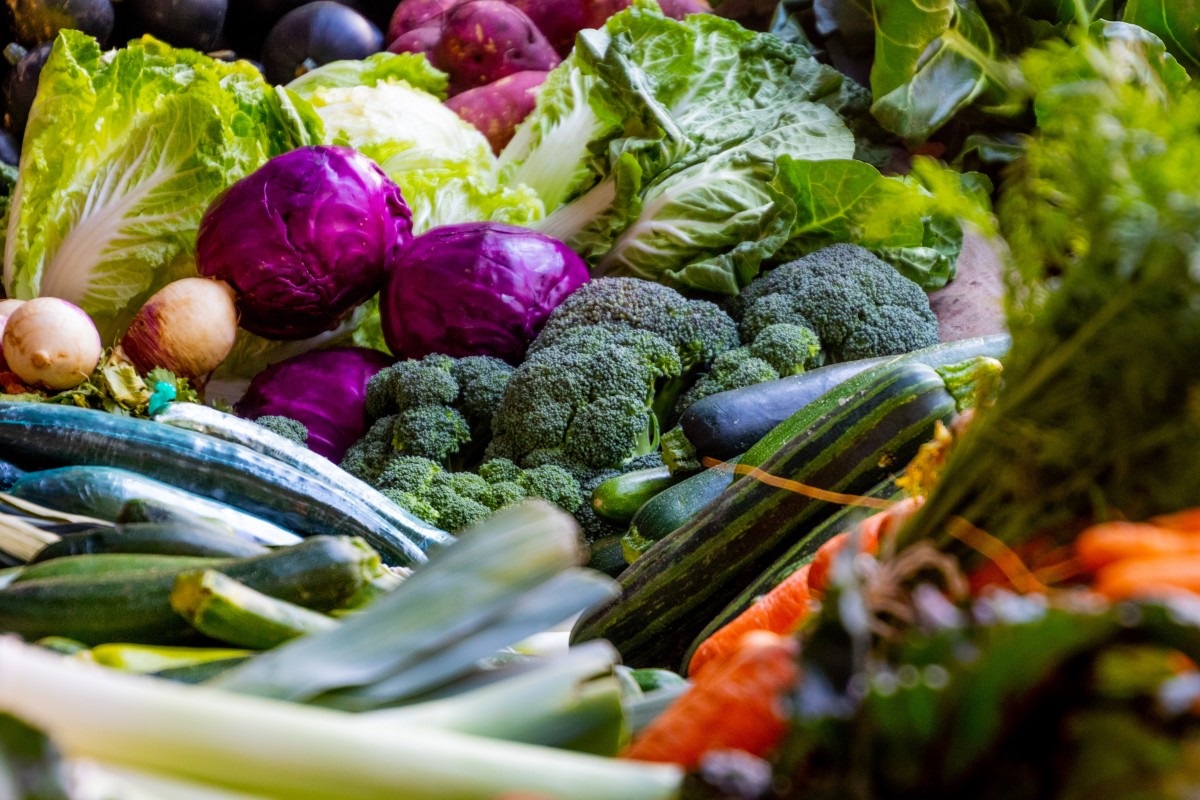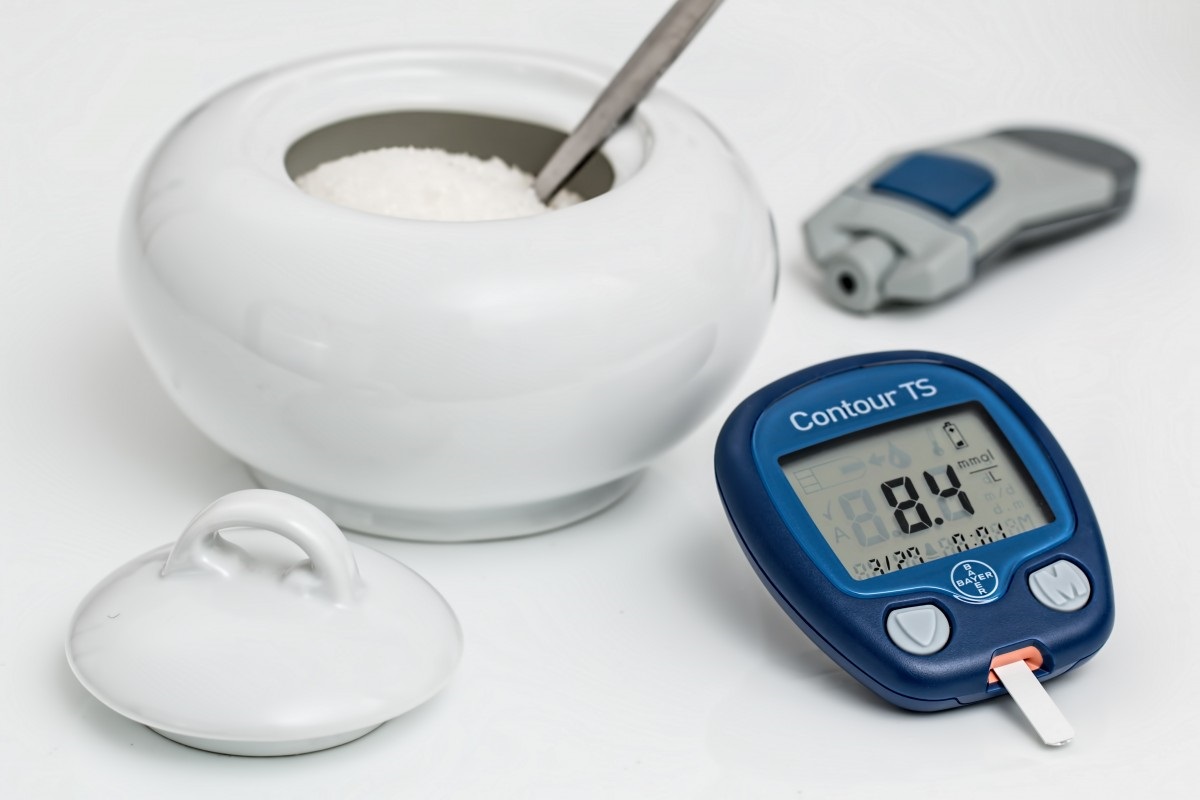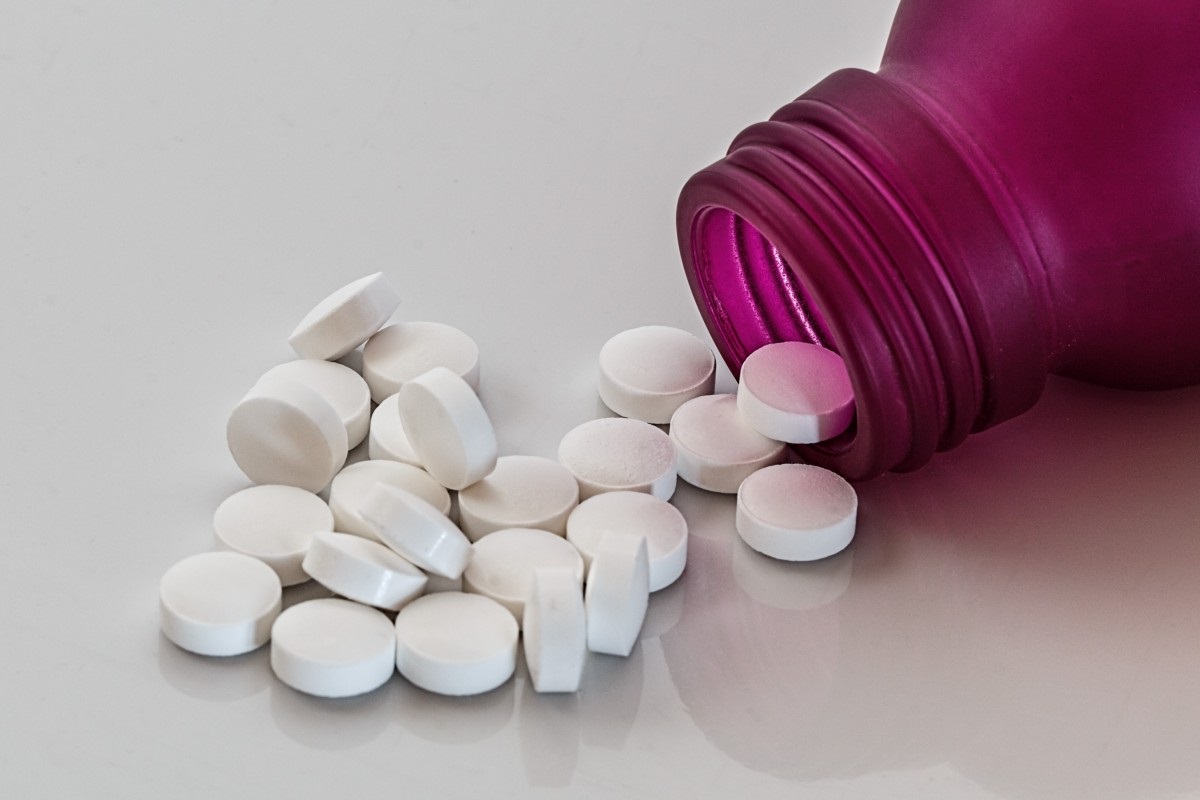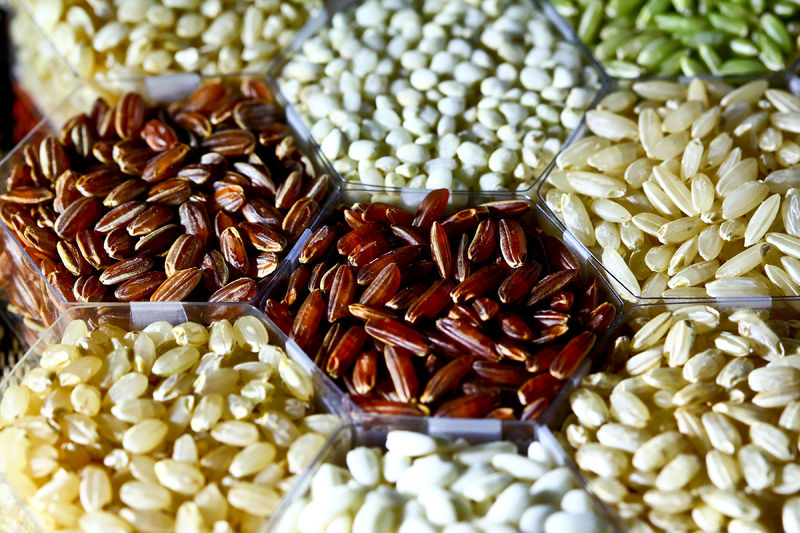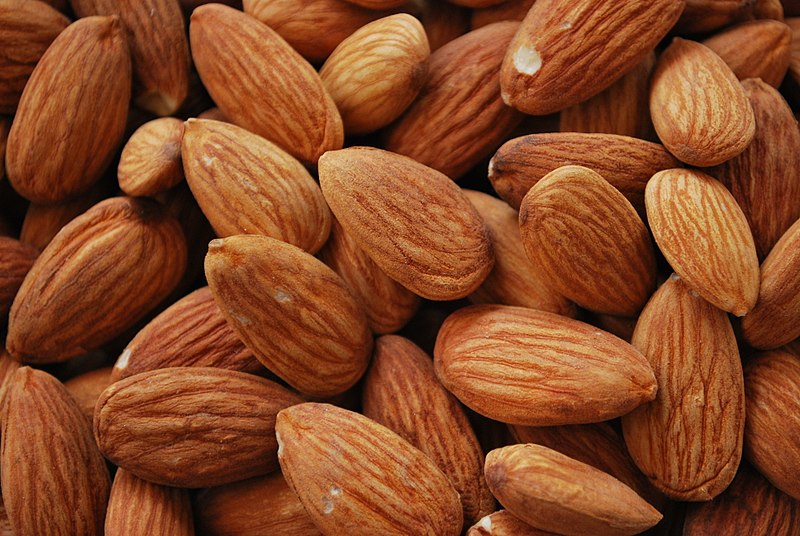Vitamin C is vital for the growth and repair of tissues in our bodies. It also helps our immune system work properly. It is an essential vitamin that can be found in citrus fruits like oranges, lemons, limes, grapefruits, and strawberries. citrus fruits are made up of enzymes called certain lipids. Enzymes are essential to our health, as they are responsible for making sure that the body works properly.
Vitamin C and Recovery From Injuries

Preventing bleeding in injury is important. press deserve an ice pack. An ice pack is important because the blood vessels around the injury are still a little puffy, which means the blood is thicker. The ice pack helps to make the blood flow smoothly, and it also helps the body stop the free movement of the blood. Your blood becomes like the water in a snowstorm, stopping obstacles from stopping the flow of blood.
The lower the temperature of the body, the faster the blood recovers. By spreading the blood thin, the cold released from the ice packs into the cold arterial bloodstream is rapidly cooled, and the blood continues to flow normally. This helps to minimize the damage to the arteries.
Certain foods contain high amounts of vitamin C. Citrus fruits, green leafy vegetables, white potatoes, tomatoes, broccoli, cantaloupe, strawberries, navy and other beans, and citrus fruits are great sources. It is important that when counting the vitamin C foods you choose a variety of fruits and vegetables. The reason that this is so important is simple. Different fruits and vegetables contain different beneficial and counteractant effects. So choosing a combination of items that varies per food would give you the best nutritional results.
People who are at risk of vitamin C toxicity, and those who are not receiving enough vitamin C in their diet, should watch their diet. There are a few tell-tale signs of vitamin C deficiency. First, bruising heal faster, and fainting is more likely if your diet consists of less than 80 g of vitamin C per day. Failing to consume enough vitamin C in your diet may also be a sign of vitamin C depletion. Deficiency symptoms may include decision making difficulty, fatigue, ended growth, slow healing of wounds, easy bruising, and fine lines or wrinkles.
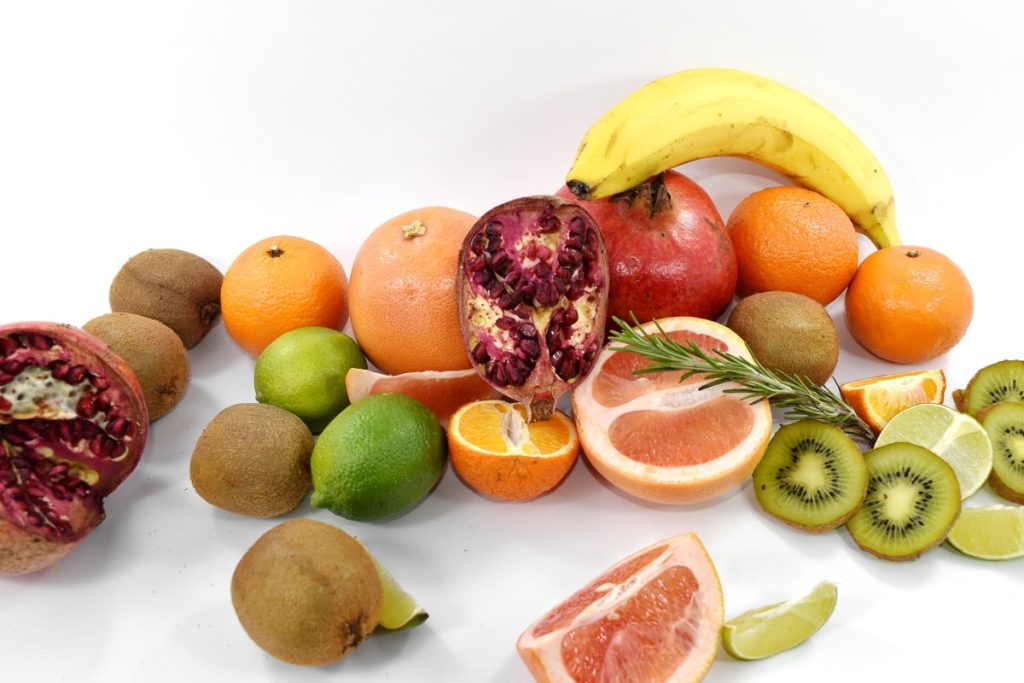
Vitamin C is largely stored in the liver, and deficiency may cause sores and bleeding in the mouth, nose, and eyes. The nose and the eyes are already somewhat healed from the lack of vitamin C in the diet, so these sores are preventable great hazards of vitamin C deficiency. The eyes are especially vulnerable since an excessive amount of vitamin C in the visual fields causes them to close.
How Much Vitamin C Should We Get?
RDA (recommended dietary allowance) is set for humans at 60 milligrams for every kilogram of body weight. To get a daily amount higher than the RDA, it would mean eating several oranges, cantaloupe, or grapes. Eating these fruits would provide you with the vitamin C you need, but it would also mean consuming excessive levels of fat and calories. The ORAC score listed next to the vitamin C rating refers to the concentration in the food. Vitamin C supplements (scores between 8 and 22) are less concentrated and therefore contain less vitamin C.
responds when the demand for it is high. There are five major causes of vitamin C deficiency.
- Low dietary intake of vitamin C. When the body does not receive enough vitamin C, potential sources are eliminated rather than used. Consequently, few converts are converted into active forms, and they are not used to produce collagen, elastin, or elastase – a protein involved in wound healing.
- Ingestion of excessive amounts of toxic substances. Toxic substances include excessive quantities of Aspartame (40 milligrams per serving), hydroxytoluene (H pyruvate), and glutathione (GSI).
- Cellular destruction. Free radicals are created from the metabolic process of metabolizing fats, and they can cause extracellular dying. Vitamins C inhibits free radical death, and they are an important preventative measure for those who are at high risk of developing colon cancer, certain cancers, and heart disease.
- Ingestion of drugs and chemicals. Metabolic drugs like epilepsy medicines, anti-seizure medications, and migraine medications all inhibit the metabolism of vitamin C.
- Just before bedtime, when the metabolism is lowest. The last thing you want to do is eat a heavy meal just before bed, but if you have to do it, at least make sure it contains vitamin C.
Food sources
Corn fortified juices, cantaloupe, pineapple, and red and yellow peaches contain less than 10 per cent ascorbic acid.
